My grandfather was an interceptor pilot. The title itself doesn’t appear to carry much value, yet every time I reveal its meaning to others, their eyes widen. The multitude of sacrifice and allegiance required to do the job he did should never go unnoticed, and the fearless nature of nearly every veteran you meet remains unmatched.
What would later end up as an eleven-year journey began in 1966 and 1967. My grandfather had a future in education and sought real-world experience to share with his students; in his own words, “to get out there, to do something, and to be someone.” In the summers before his junior and senior year of college, he attended Officer Candidate School. After graduating college in 1968, he entered navigator training, where the aroma of jet fuel would become persistent, natural. The beginning of his flight career opened as the man behind the pilot, working the radar.
Black Aces. Sundowners. Green Dragons. Epic headlines, really. Yet, minuscule contrasted to the depth of their meaning.
At the naive age of 24 years, he entered active duty in the Navy on his first squadron, the VF-41 Black Aces. On the first cruise across the Atlantic to the Mediterranean, the ocean proved a force to be reckoned with. While mothers at home rock their infants to sleep, rough water would rock the carrier 25 degrees to the left and right, pitching the deck beneath the water. At the time, so many planes would crash with young men whose lives were lost, he hoped he’d live to see the next port.

Following pilot training, he began his assignment on the VF-111 Sundowners. It was there he obtained the exposure to the world he desired. He was flown from San Diego, Seattle, to Okinawa and down to the Philippines to join the carrier. His squadron contributed to the evacuations of Phnom Phen, Cambodia, and Saigon. When the 1975 Mayaguez Incident took place, and a communist group seized a U.S. merchant vessel, the USS Coral Sea carrier, en route to Australia, made a sudden turn to Cambodia. Only moments later, he and his wing were the first to launch off the carrier and shield the island in case of aggression. By that point in his service, his past fear of death had subsided, and excitement took its place. Before each call to duty, every squadron member’s blood pumped with adrenaline and exhilaration. The eagerness shared amongst every member strengthened the already impenetrable brotherhood. It was his squadron mates, his best of friends, who so generously bestowed upon him the nicknames Larry “Mother” Hibberd and “Hobbit” -my personal favorite.
After being chosen as one of the very few men to be an exchange pilot, the end of his time in the Navy marked a rare new beginning in the AirForce. On the coast of Washington in Tacoma, the F-106 Green Dragons linger vigilantly in their lair, as vigilance could be the difference between victory and defeat. In the case bombers hatched a plan to attack the US, his job as a fighter pilot was to intercept their flight, whether he returned from it or not. Daily training left the squadron on alert 24/7. Drills could be issued in the dead of night, and when the klaxon shrilled over the base, all pilots were to be airborne in exactly five minutes. Five minutes to put on his boots, flight suit, be in the plane and off the runway. After surging from 0 to 100, he had five minutes to prepare himself to do the job he trained for. Odds were never in their favor; after ammunition depleted and they were left defenseless in the face of the enemy, the opportunity to escape was a rarity. My grandfather was willing to surrender his life to the protection of the US but never thought twice about the volume of his sacrifice.
The eleven years of service he paid to this country stick with him permanently. After defying gravity, teaching never crossed his mind again. He returned to flying as an airline pilot for nearly 26 more years and accumulated 37 years of flying experience throughout the course of his life. Under the roof of his home with my lovely grandmother, he raised three children, all of which took up flying. As one of his seven grandchildren, I’m beyond honored to hold a veteran so close to my heart.
Most of us have passed Veteran’s Day without much thought. Many bicker through the moment of silence and vaguely recite the pledge. In more dreadful cases, memorials are decked with spray paint, the graves of the soldiers who gave their lives for liberty are spat upon, American flags are set ablaze in fury.
It’s our moral responsibility to respect, and never forget a veteran’s allegiance. There were men and women in the army who had smiles on their faces one minute and blood on their teeth the next. There were marines who took their last breath trapped beneath the submersion of their vessels. There were pilots who suffered mid-air collisions training for the invasion of our country. There are millions like my grandfather who were ready and willing to forfeit everything in a heartbeat- for you.
Our freedom was bought at a cost. We wear their protection on our backs, and so we should wear their allegiance on our hearts.




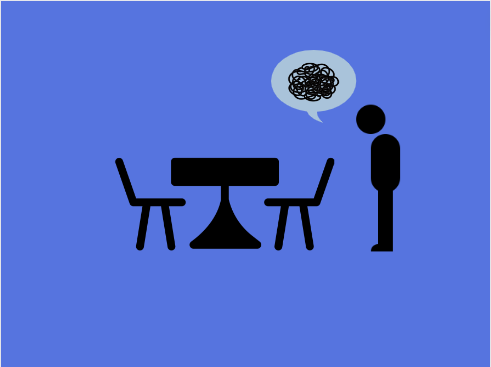


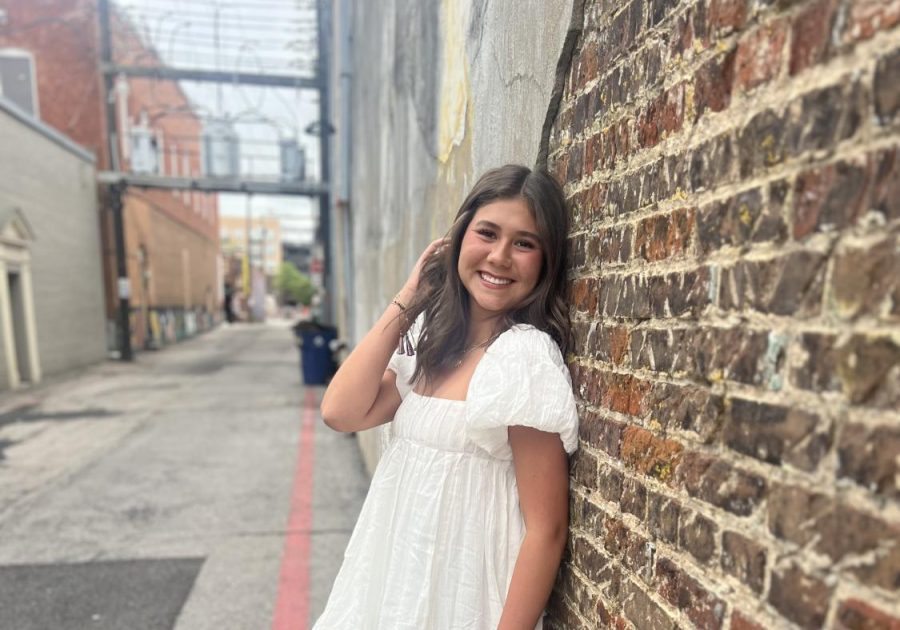
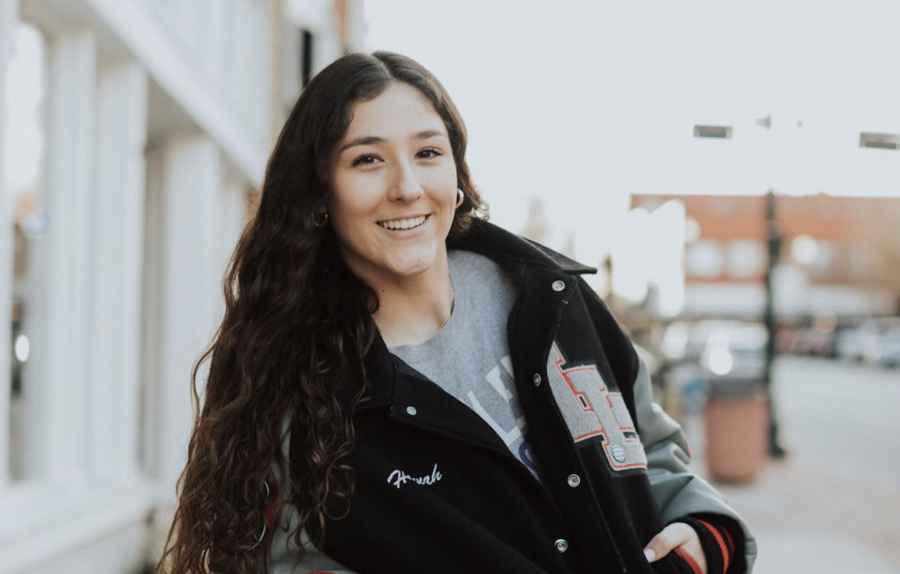
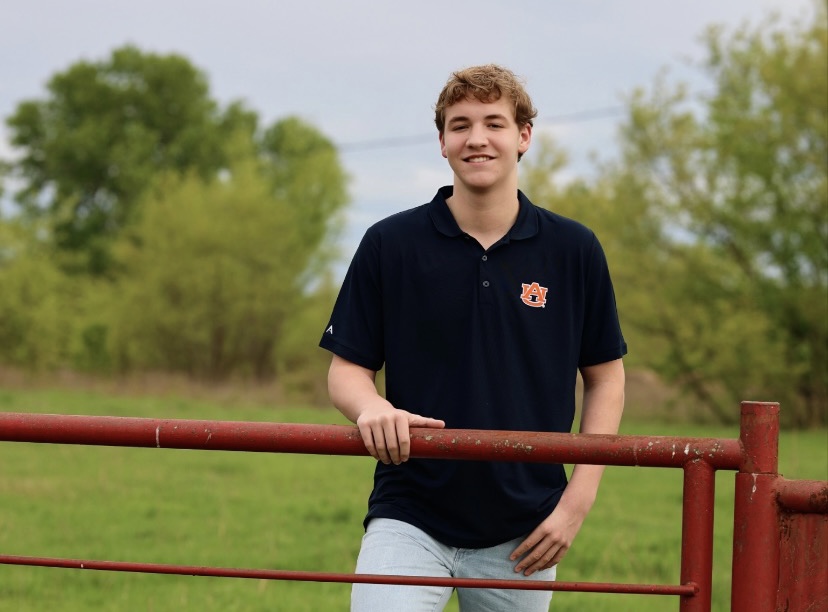










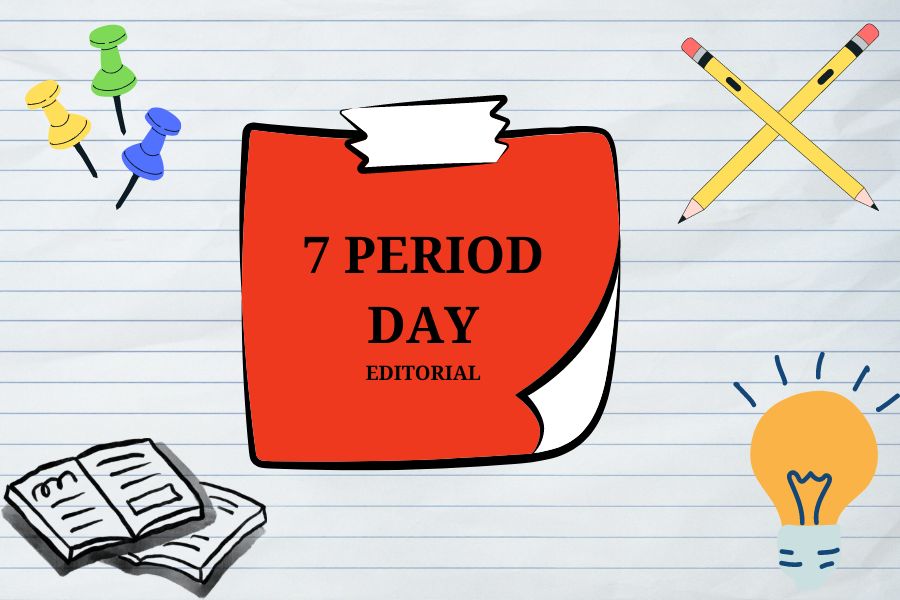


Frank Wright • Dec 11, 2021 at 10:46 am
Absolutely outstanding writing, Sarah! I was fortunate enough to fly the “Six” with Larry in Tacoma, Washington and 737’s at SOUTHWEST. Larry was absolutely the best of the best. A pilot’s pilot!
Captain Frank Wright
Kara Adler • Dec 2, 2021 at 4:53 pm
Great, powerful writing, Sarah! Wonderful work!
-Mrs. Adler
Sarah Hibberd • Dec 10, 2021 at 5:13 pm
This made my day. It’s so nice to hear from you, Mrs. Adler. Thank you for reading!